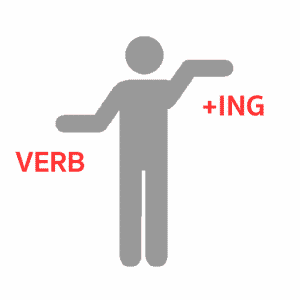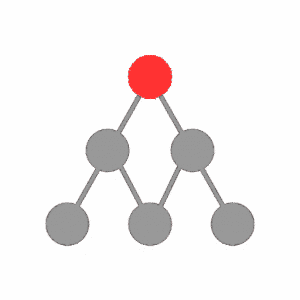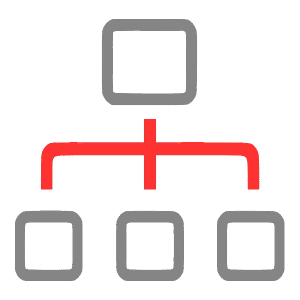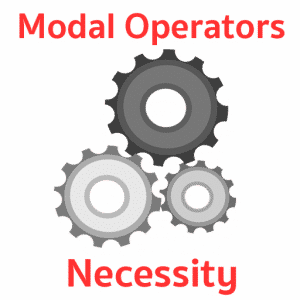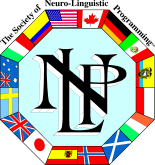
NLP Indirect Elicitation Patterns
Indirect Elicitation Patterns are very useful in getting specific responses indirectly, without asking for them. Again, in the Meta Model we scope for information that is sent to us as the listener to be as complete as possible. The Milton Model is the opposite of it. In other words we as an NLP Practitioner or Master Practitioner plan our outcome very well. Where Direct Elicitation can result in much resitance or authority, in NLP Indirect Elicitation Patterns help you soften the communication. Using them results in a desired response indirectly. In other words, you are asking for an outcome without making it obvious that you are asking and there is a desired outcome. Fun, right?






